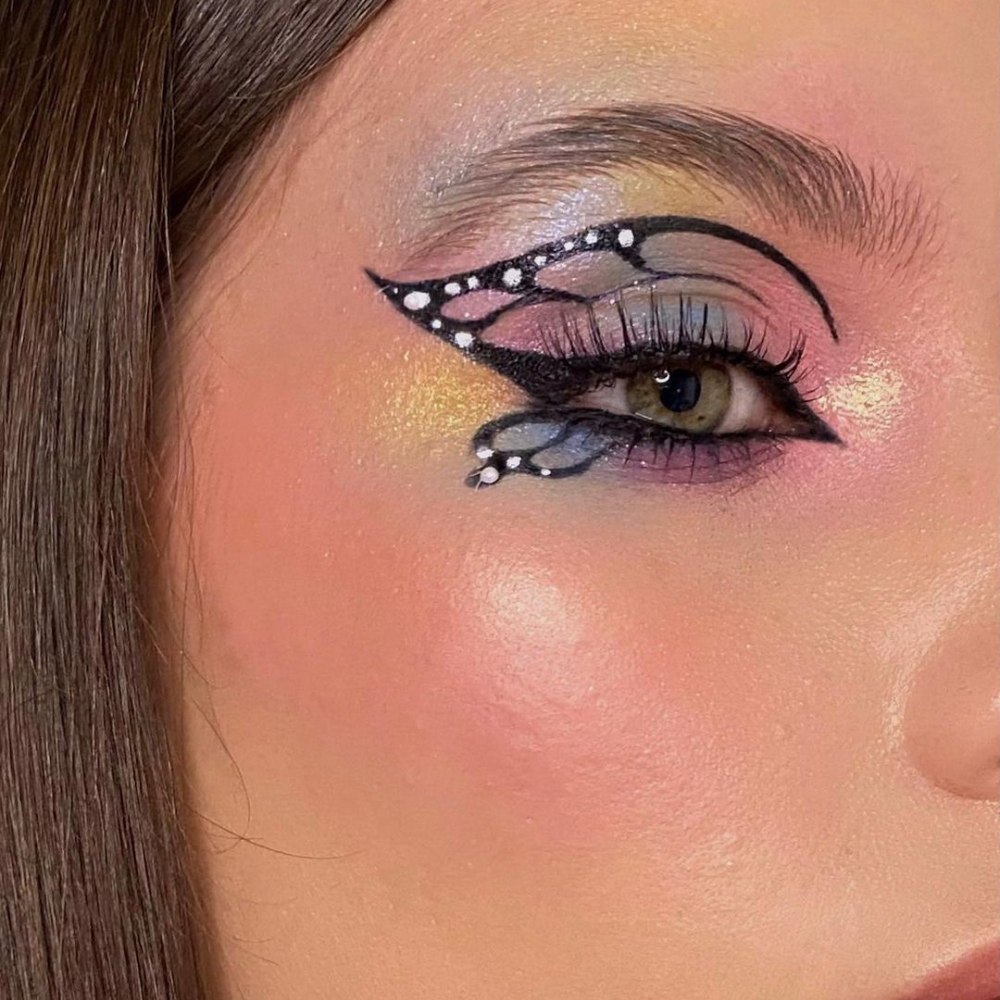7 Sure-Fire Ways To Break A Bad Habit

A creative writer with a voracious appetite for fashion, beauty,…
A
bad habit is a repeated action that’s detrimental to your well-being. It’s something you do without thinking, but it can harm your health, happiness, or goals. It’s bad because it can stop you from being your best self and enjoying life. From flimsy things like biting your nails to binging on junk food to more serious habits like smoking and overconsumption of alcohol, these behaviors can undeniably hold us down. It’s only a matter of time before the temporary pleasure we derive from them starts to feel like a trap, and we want out. That’s when you begin to think of effective ways to break a bad habit.
Why do we end up with these habits in the first place?

Several factors are responsible for developing bad habits, including:
- Instant gratification: One of the most significant factors contributing to the development of bad habits is the allure of instant gratification. Bad habits often offer immediate pleasure or relief. Just like when we consume sugary snacks — they provide a quick surge of energy and taste good, making us feel happy momentarily.
- Stress coping mechanism: The need for coping mechanisms, especially in times of stress or emotional turmoil, often gives rise to these behaviors. People may resort to smoking, overeating, or even excessive drinking to cope with the pressures of life. These habits can offer a temporary escape from stress or sadness, making them difficult to break despite their harmful effects on health and well-being.
- Social influence or peer pressure: The people around us have a significant impact on the habits we develop. Social influence plays a crucial role in habit formation. If our friends, family, or colleagues engage in certain behaviors, we are more likely to follow suit. For instance, if your social circle includes heavy smokers, you may find it challenging to resist the allure of cigarettes, even if you know the health risks.
- Lack of awareness: Sometimes, bad habits creep into our lives without us realizing it. The lack of awareness about our actions can be a significant contributor to habit formation, just like the habit of checking your phone incessantly. It can start as an innocent desire to stay connected but quickly turns into an automatic and harmful routine, often without conscious thought. If you’re already Googling ways to break a bad habit, perhaps, you’re already hooked.
Check out 7 effective ways to break bad habits…

- Identify your bad habit: The first step in overcoming a bad habit is acknowledging it. Be honest with yourself about what the habit is and when and why you tend to engage in it. Understanding the triggers and underlying causes of your habit is essential. Once you’re aware of the habit, you can start to take control.
- Replace with positive habits: It’s often challenging to simply stop a habit without replacing it with something else. For example, if you’re trying to quit snacking on unhealthy foods, consider substituting them with nutritious snacks like fruits or vegetables. This helps fill the void left by junk food and makes the transition smoother.
- Set SMART goals: SMART goals are Specific, Measurable, Achievable, Relevant, and Time-bound. Specific goals are clear and well-defined. Measurable goals enable you to track your progress. Achievable goals are realistic and attainable. Relevant goals align with your overall objectives. Time-bound goals have a specific deadline. By setting SMART goals, you create a roadmap for breaking your habit. For instance, if you’re trying to reduce screen time, a SMART goal could be to limit your daily phone use to 1 hour for the next month.
- Seek support and accountability: Breaking a bad habit can be challenging so having support is crucial. You can confide in friends and family, or join a support group that shares your goal. When others are aware of your efforts, they can encourage and help keep you accountable. An accountability partner – someone who is also working on breaking a habit — can be particularly effective as you can support each other.
- Practice mindfulness and self-control: Mindfulness involves being fully present in the moment, which can help you recognize when you’re tempted to engage in your bad habit. Mindful awareness can help you gain control over your impulses. Developing self-control is a skill that requires practice. It involves resisting the immediate gratification of the bad habit in favor of your long-term goals. Techniques like delaying gratification and setting boundaries can help strengthen your self-control.
- Learn from setbacks: It’s important to realize that setbacks are a normal part of the process when breaking a bad habit. Instead of getting discouraged when you slip up, use setbacks as opportunities for learning. Understand why the setback occurred, what triggered it, and how you can avoid similar situations in the future. Adjust your strategy and keep moving forward.
- Celebrate your success: As you make progress in breaking your bad habit, celebrate your achievements along the way. Recognize and reward yourself for reaching milestones. Positive reinforcement can boost your motivation and make the journey more enjoyable. For example, if you’re trying to quit smoking and have been smoke-free for a month, treat yourself to something you enjoy, like a special meal or a day out with friends — whatever rocks your boat.
Featured image: Boonyachoat/iStock
For the latest in fashion, lifestyle, and culture, follow us on Instagram @StyleRave_
All rights reserved. This material, and other digital content on this website, may not be reproduced, published, broadcasted, cached, rewritten, or redistributed in whole or in part without prior express written permission from STYLE RAVE. Use of and/or registration on any portion of this site constitutes acceptance of our Terms & Conditions and Privacy Policy.
—Read also
A creative writer with a voracious appetite for fashion, beauty, lifestyle and culture. As one who's passionate about the advancement of the woman, creating content that inspire smart style and living, and positive lifestyle changes is a calling I take seriously. At Style Rave, we aim to inspire our readers by providing engaging content to not just entertain but to inform and empower you as you ASPIRE to become more stylish, live smarter and be healthier. Follow us on Instagram @StyleRave_ ♥







